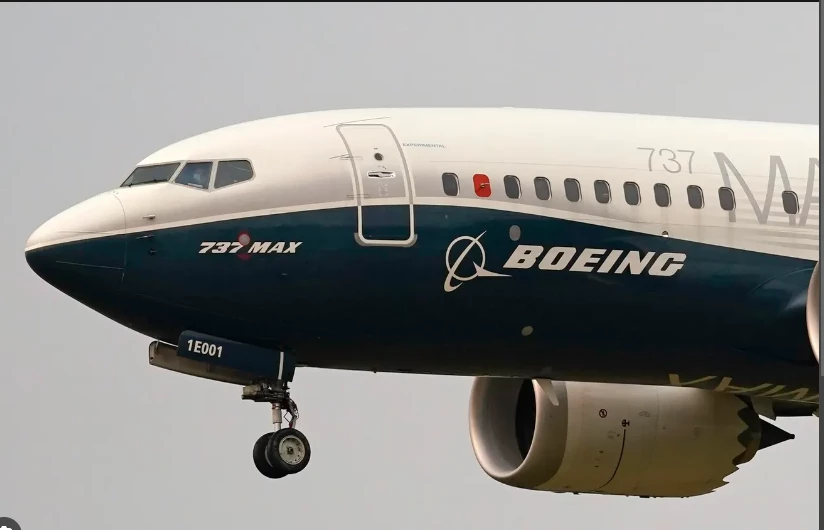Probe suggests blown-out Boeing jet panel had missing bolts

Stay tuned with 24 News HD Android App

Four of the bolts securing the panel of a Boeing 737 MAX 9 Alaska Airlines jet that blew off mid-flight last month were missing, according to a preliminary investigation published Tuesday.
The National Transportation Safety Board's initial report into the January 5 incident said the lack of damage or deformation around the holes "indicate that the four bolts that prevent upward movement of the (door) plug were missing before the plug moved upward off the stop pads."
The agency has collected written documents and photos showing that Boeing employees removed four bolts from these locations during an inspection at the Renton plant in Washington State prior to delivery of the aircraft last October.
That operation had been carried out to replace five damaged rivets in the cabin of the aircraft. Other photos taken after the rivets had been replaced show that at least three of the bolts had not been reinstalled.
This door plug was used to block an exit that was not intended to be used, as the model already has enough emergency exits in this configuration.
On 5 January, the panel flew off mid-flight after the Alaska Airlines MAX 9 took off from Portland, Oregon bound for Ontario in California. The incident caused only minor injuries.
Alaska Airlines reported finding "loose equipment" following its own preliminary inspections.
United Airlines, which owns the largest fleet of 737 MAX 9s at 79 aircraft, said it had discovered "bolts that needed additional tightening" during checks.
In recent months, Boeing aircraft have experienced a series of problems and the US-based company has had to slow its deliveries as a result.
At a congressional hearing Tuesday, the new Federal Aviation Administration chief, Michael Whitaker, said it was necessary to step up oversight of Boeing following the Alaska Airlines incident.
"There have been issues (with Boeing) in the past, and they don't seem to be getting resolved," he told a hearing of the House of Representatives subcommittee on aviation.
"So we feel like we need to have a heightened level of oversight to really get after that," he added.
